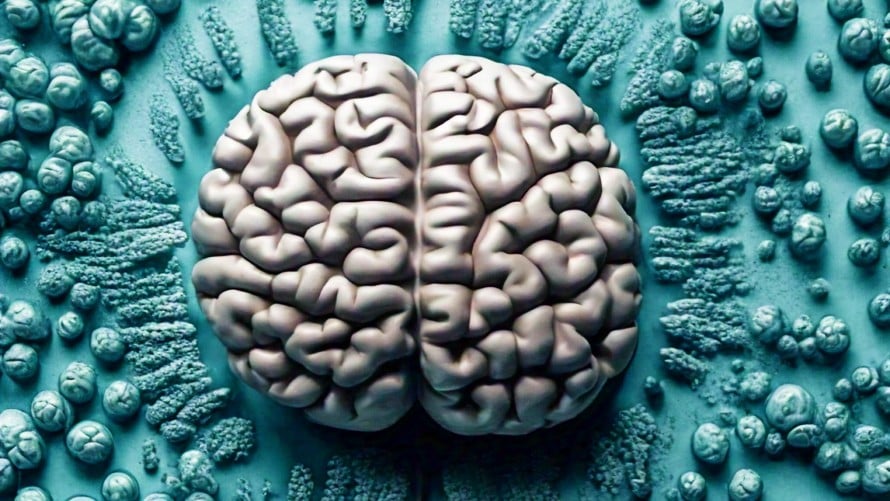A groundbreaking study published in the journal Brain and Behavior has revealed the potential mechanisms behind the antidepressant effects of the diabetes drug dulaglutide, offering hope for a novel therapeutic approach to depression.
Dulaglutide, a glucagon-like peptide-1 (GLP-1) receptor agonist, has shown promising results in reducing symptoms of depression in animal studies. In this latest research, investigators conducted a series of tests on mice treated with and without dulaglutide to uncover the underlying mechanisms driving its antidepressant-like effects.
The study identified 64 different metabolites and four major pathways in the brain associated with dulaglutide’s impact on depressive-like behaviors. These pathways are linked to lipid metabolism, amino acid metabolism, energy metabolism, and tryptophan metabolism.
“These primary data provide a new perspective for understanding the antidepressant-like effects of dulaglutide and may facilitate the use of dulaglutide as a potential therapeutic strategy for depression,” the authors wrote.
While further research is needed, this discovery opens up exciting possibilities for repurposing an existing medication to tackle the widespread and debilitating condition of depression, offering hope for improved treatment options.
#Depression #AntidepressantDrug #MetabolicPathways #DrugRepurposing
If our reporting has informed or inspired you, please consider making a donation. Every contribution, no matter the size, empowers us to continue delivering accurate, engaging, and trustworthy science and medical news. Independent journalism requires time, effort, and resources—your support ensures we can keep uncovering the stories that matter most to you.
Join us in making knowledge accessible and impactful. Thank you for standing with us!

